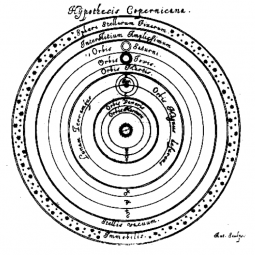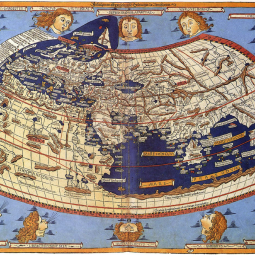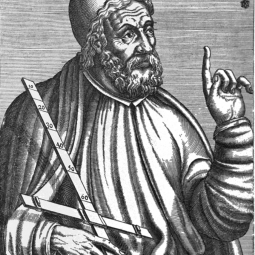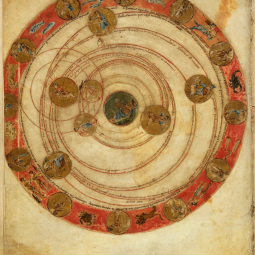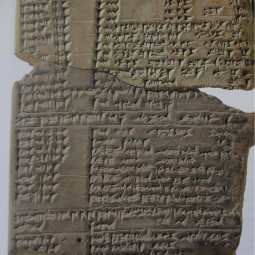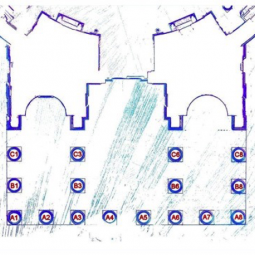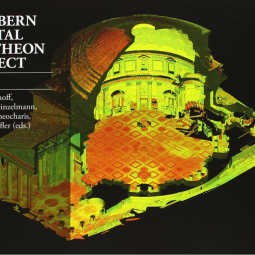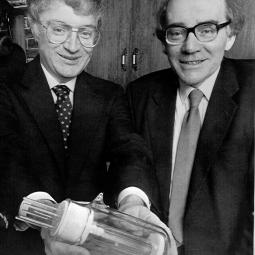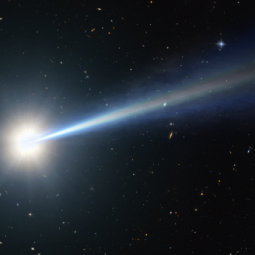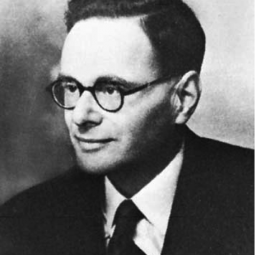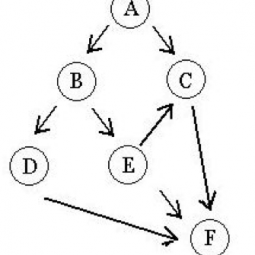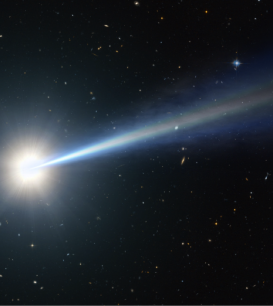
The quasar dates back to less than one billion years after the big bang. Photo: NASA/ESA/G.Bacon, STScI.
Research Group (2018-2020)
Research Group Leader Gerd Grasshoff
T.: +49 30 209398 074
Computational History of Science
Computational History of Science uses algorithmic methods to solve novel, challenging questions in the history of science. These methods enable us to execute, document, and communicate sophisticated investigations, build extensive data archives, and execute methodologically complex operations in a scholarly, concise, and transparent way. Computational History of Science develops new genres of computable documents as hybrid forms of scientific publications. Jupyter notebooks, as executable documents, now experience a meteoric rise in science. They are one prominent example of the new, hybrid forms of publications. Phylogenetic interdependencies, the transfer of manuscripts, the diffusion of ideas and technological innovation processes, as well as the development of science are examined with these state-of-the art techniques of natural language processing. Up-to-date approaches of machine learning enable us to refine the analysis of figures and forms and to carry out classification tasks. Large sets of historical documents can be analyzed in a comprehensive form.
Together with the Research IT Group of the Max Planck Institute, a collaborative development platform is being developed that allows a timely and intense scientific cooperation, the exchange of digital notebooks, and new access to joint programming libraries and repositories of digital sources. Digital publications significantly extend both the scope for research in the field of the history of science and the impact of research results.

